Chinese armed forces must strengthen training for 'actual combat', says Xi
Chinese President Xi Jinping has called on the country's armed forces to strengthen their "military training oriented towards actual combat" amid tensions with the US over Taiwan.
Chinese state media on Wednesday cited Xi telling the People's Liberation Army's Southern Theater Command Navy that the armed forces must be "innovative in its concepts and methods of combat".
The military must "resolutely defend China's territorial sovereignty and maritime interests, and strive to protect overall peripheral stability", the president stated.
Xi's comments, made on a naval inspection trip on Tuesday, come amid heightened tensions between China and United States over a range of issues, including Washington's meddling in Taiwan.
China recently "successfully completed" three days of military drills around Taiwan.
Beijing held the exercises in response to Taiwan President Tsai Ing-wen's meeting with US House Speaker Kevin McCarthy last week, an encounter it had warned would provoke a strong response. Tsai met McCarthy outside Los Angeles on her way home from a foreign visit.
But China had repeatedly warned against any meeting and began the latest drills soon after Tsai returned to Taiwan.
In August last year, China deployed warships, missiles and fighter jets around Taiwan in its largest show of force in years following a trip to the island by McCarthy's predecessor, Nancy Pelosi.
Beijing regards Chinese Taipei as an inseparable part of its territory and has vowed to take it back one day, even by force if necessary.
Under the internationally accepted "one China" principle, the global community -- the US included -- has agreed that there is officially only one Chinese government.
China is also enraged by a plan for US forces to use a growing number of bases in the Philippines, including one near Taiwan.
The United States and the Philippines are holding their largest-ever joint military drills this week, with Secretary of State Antony Blinken committing to "standing with the Philippines."
The United States regularly carries out what it claims to be “freedom of navigation” operations in the South China Sea, challenging restrictions on naval passage imposed by China and other claimants.
Beijing says it does not impede freedom of navigation in the South China Sea, and that the United States is deliberately provoking tensions there.
Syrian forces destroy Takfiri terrorists’ operation room
Surge of terrorism in Syria part of US-Israeli plot: Iran’s top general
Iran mulling to increase fuel prices to stop mass smuggling
US imposes new sanctions on fleet involved in Iran’s oil exports
Iran ready to consider troop deployment to Syria upon official request
VIDEO | Press TV's news headlines
23 Palestinians killed in Gaza as Israel issues new evacuation threats
Gazans now face epidemic of traumatic injuries: UNRWA


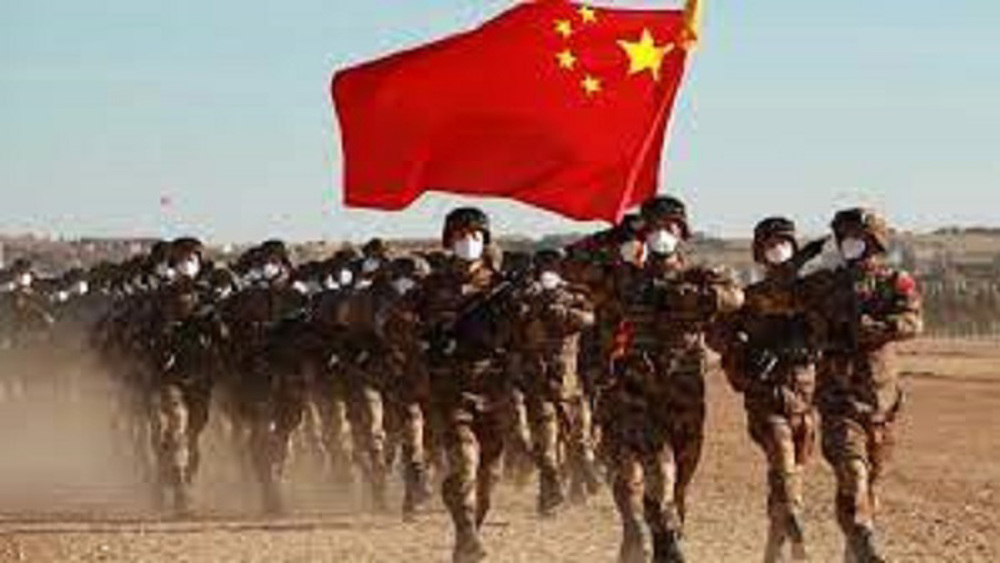
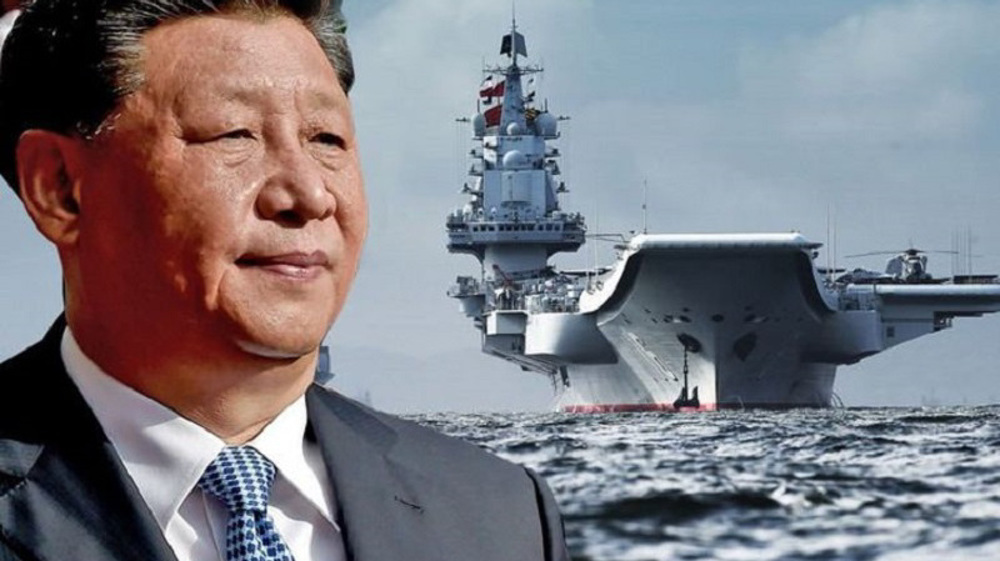
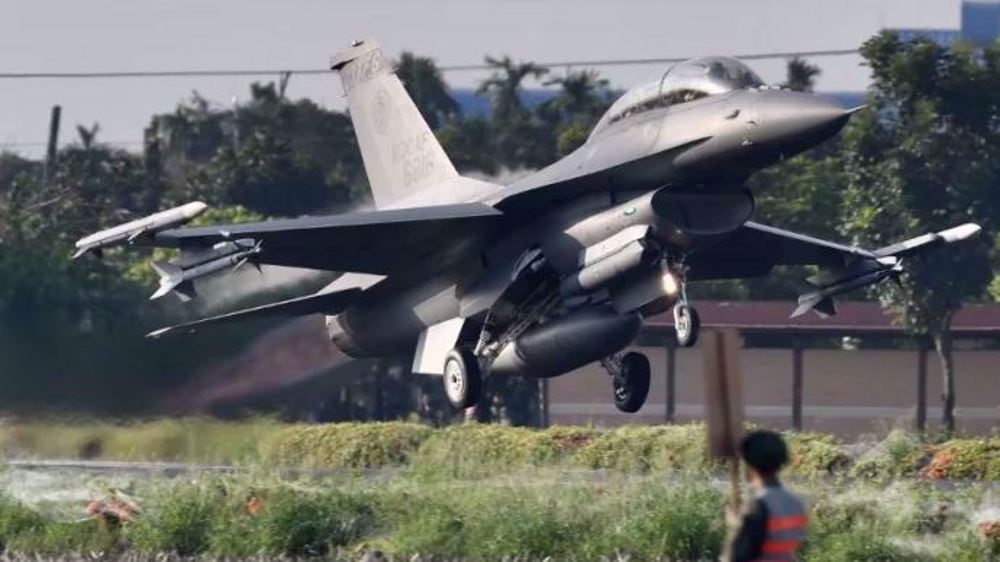
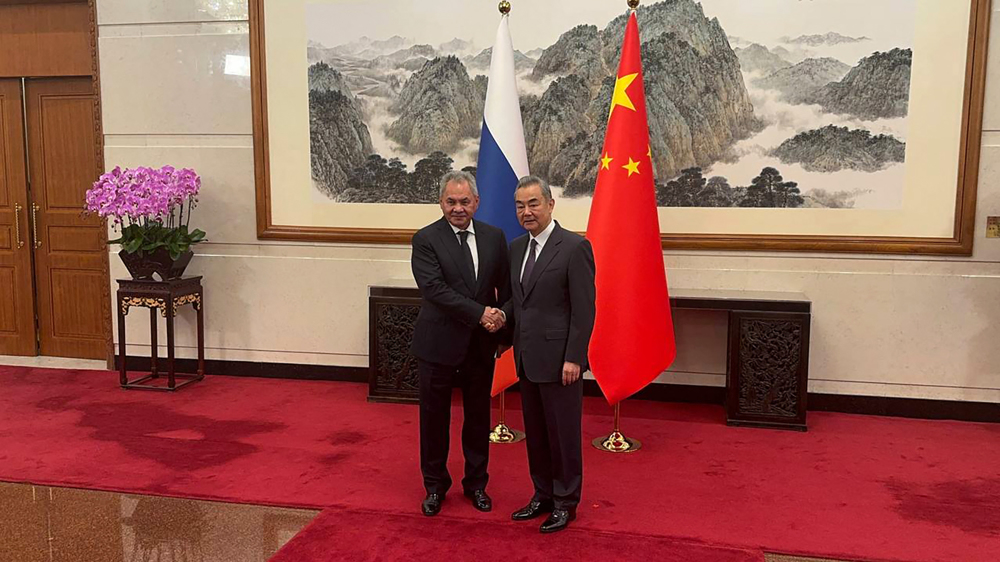
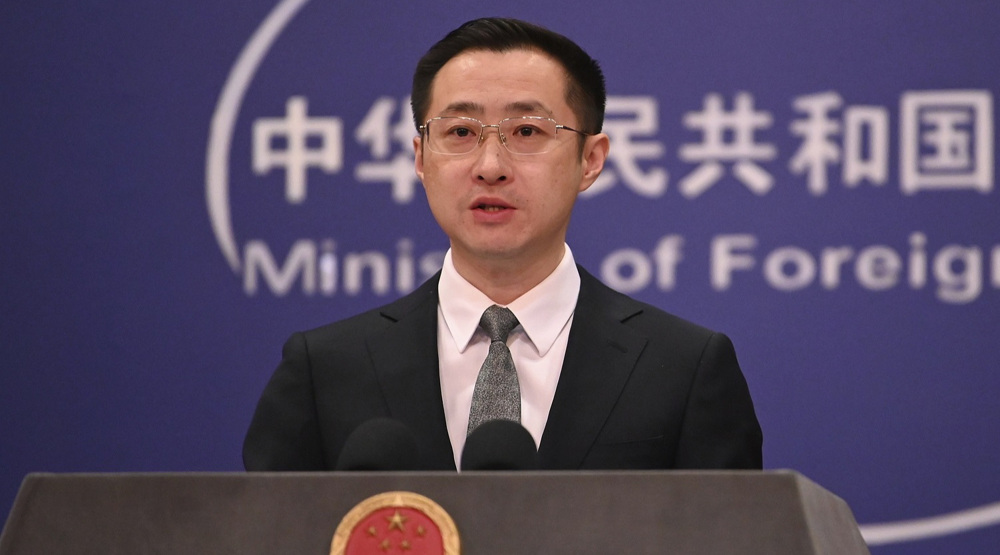




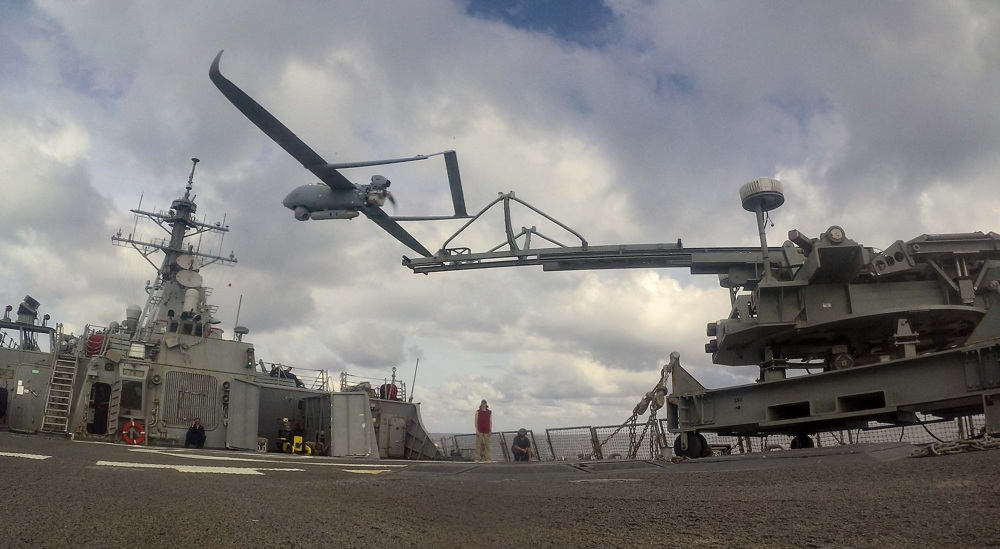
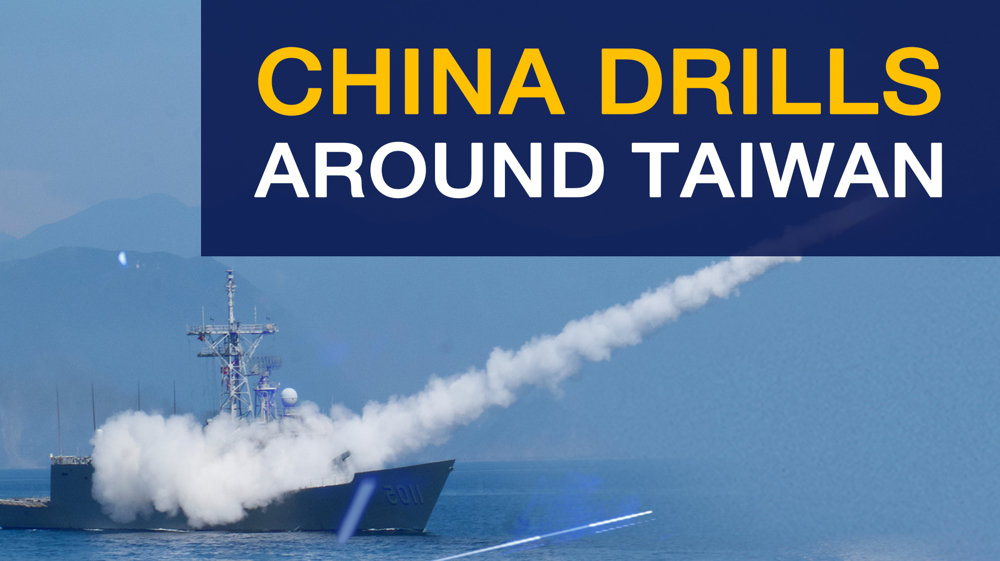
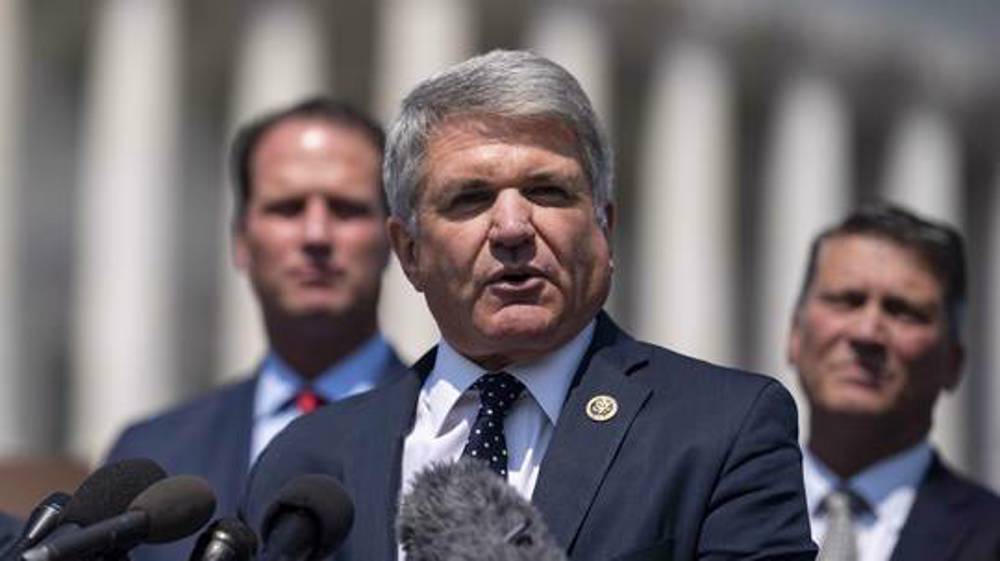

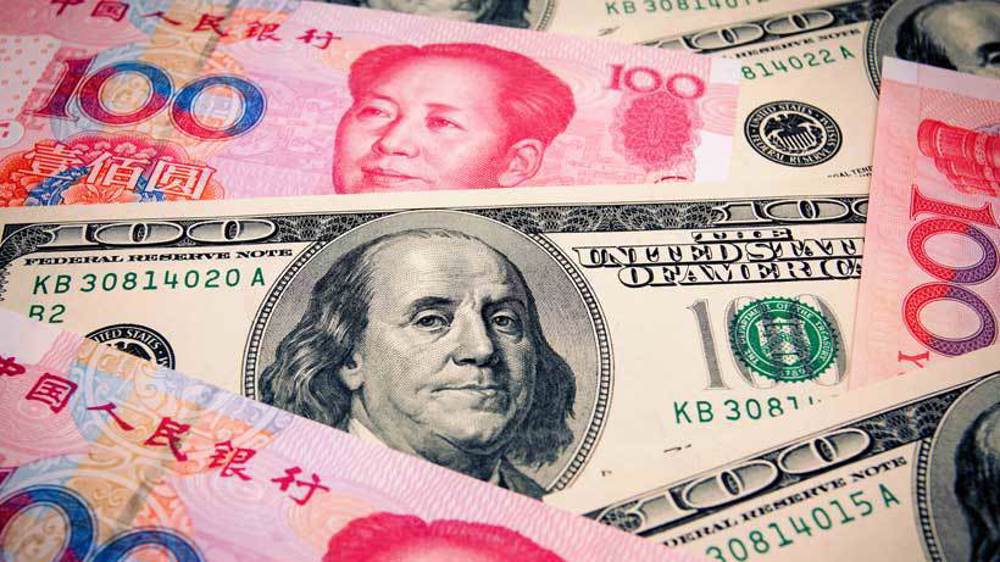

 This makes it easy to access the Press TV website
This makes it easy to access the Press TV website